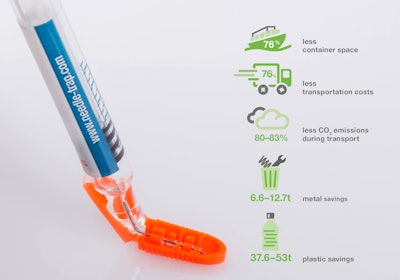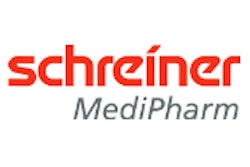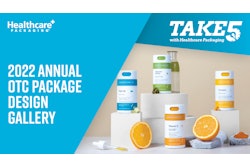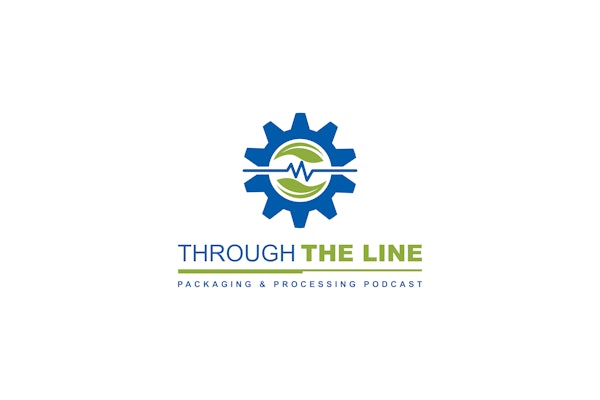
This content was written and submitted by the supplier. It has only been modified to comply with this publication’s space and style.
To evaluate its Needle-Trap solution’s sustainability, Schreiner MediPharm, a Germany-based global provider of innovative functional label solutions for the healthcare industry, conducted calculations comparing it with conventional needle safety systems. For the testing, calculations were made for 10 million units of one sort for a 1-ml long syringe, and represent best-case scenarios comparing the Needle-Trap label with typical needle safety systems, minus their included syringes.
The results of the testing provide convincing data supporting the Needle-Trap solution’s superior sustainability. These results include:
- Reducing space required in cargo containers by 76%
- Cutting transportation costs by 76%
- Decreasing CO2 emissions during transport by 80% to 83%
- Saving 6.6 to 12.7 tons of metal
- Saving 37.6 to 53 tons of plastic
The Needle-Trap solution proved particularly environmentally friendly primarily due to its special design. Its plastic trap requires less plastic material than conventional needle safety systems and comprises up to 50% regranulated material. In addition, due to the label’s compact design there is no need to adjust its secondary packaging. As a result, the Needle-Trap solution requires less space during transportation and storage. It also generates less waste, which protects the environment and reduces the environmental footprint.
In addition, Needle-Trap’s needle protection label is delivered on rolls— eliminating the need for an additional blister pack—and the grid material waste from label production is recycled.
Consequently, the Schreiner MediPharm Needle-Trap has been proven a more eco-conscious solution compared with conventional needle safety systems while combining safety for healthcare professionals with cost efficiency for pharmaceutical manufacturers.






















